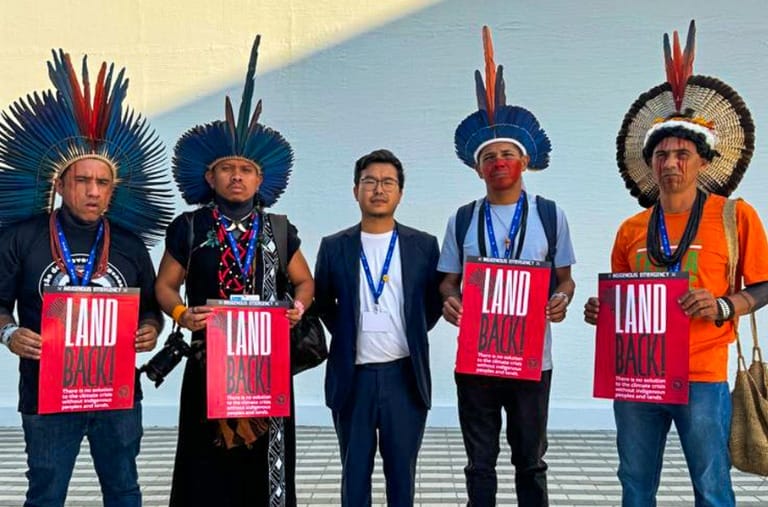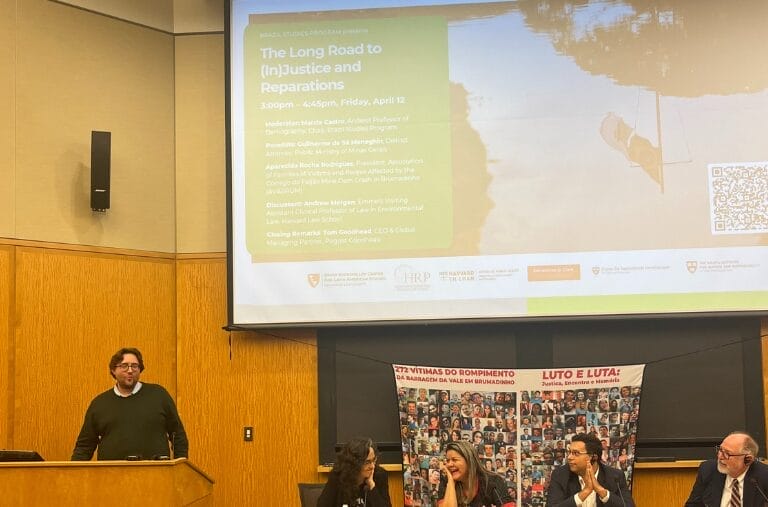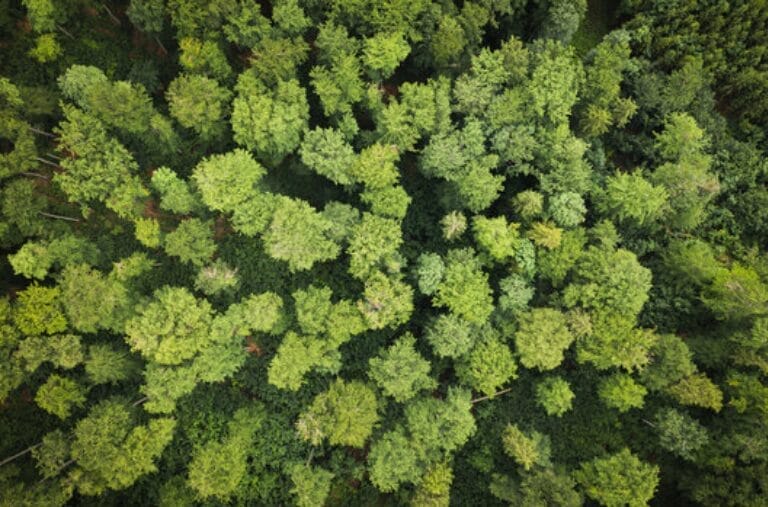For the past two weeks, I have been at the heart of climate negotiations at COP28 in Dubai, UAE. Here are five things I learned while I was there – from the breathtaking hypocrisy of big businesses to the battle for Indigenous people to be heard.
1. Advocating for Indigenous rights
I travelled to COP28 with several human rights and Indigenous delegations. This included Txai Suruí, a young Indigenous climate activist who spoke at the opening of COP26 in Glasgow and her mother Neidinha Suruí, a senior environmental activist.
I also had the pleasure of seeing Tapi Yawalapíti, chief of the Yawalapíti people, and general chief of the Xingu people in Brazil. The Xingu Indigenous Land is the biggest Indigenous land in the world, with 16 different Indigenous groups and more than 120 villages. Tapi is carrying the weight of the world on his back. He continues to fight to protect the biggest Indigenous land in the world to prevent climate change.
I met with photographer and filmmaker Piratá Waurá. Piratá and I have known eachother for many years and I’m proud to have trained him at the Young Ambassador Project Brasil. I founded YAPB in 2020, which is an advocacy program that trains Indigenous people. Piratá was exhibiting his work in partnership with People’s Palace Project. His work is incredibly important because it highlights the resilience of threatened communities and showcases life in the community. You can see his photographs here.
To further understand the challenges of Indigenous people helps us provide avenues to protect their rights amidst climate change.
2. Highlighting hypocrisy
Among the many corporate stands and events, hypocrisy was never far from the surface at COP28. Braskem, one of the world’s largest petrochemical firms, owned two panels at the Brazilian pavilion.
At the same time, a mine they own is on the verge of collapsing in Maceió, Brazil. As they hosted their panel, thousands of families were forced to flee their homes – unsure if they would ever be able to return. Despite grand commitments made by companies like Braskem, the reality of environmental damage often contradicts their promises. In the end, Braskem cancelled the panels.
We must take collective action against such greenwashing practices. I was glad to spread the truth about the insincerity of certain Brazilian companies present at the event.
3. The importance of collaboration
At COP28, I was able to see oil lobbyists in action. This unveiled the power dynamics within the energy transition landscape. The promotion of a ‘just transition’ didn’t align with what I observed in practice. Instead, I witnessed the misrepresentation of this concept to defend the unjustifiable: the perpetuation of the oil and gas industries.
There are many potential avenues for our future actions at Pogust Goodhead. These range from legal cases against greenwashing to advocating for affected communities. I met with the environmental law charity ClientEarth and World Youth for Climate Justice, which is a campaign I helped to launch.
Building strong relationships with these key players helps us tackle climate change together. By teaming up, we can hold multinational companies accountable.
4. The role of the legal sector
The pace of general negotiations at the event was slow but the power of the law to speed up the move to a more sustainable future was a central theme of my time at COP28. An event run by the OAB, The American Bar Association and The Law Society of England and Wales discussed how lawyers can tackle the climate crisis.
During this event, it became evident that climate litigation is expanding. It has seen greater utilisation in holding companies accountable for practices not aligned with the Paris Agreement. At Pogust Goodhead, we can play a pivotal role in advising clients aiming to amplify their voices in this critical arena.
I also attended the launch of ‘Bancada pelo Planeta’. Célia Xakriabá, an Indigenous congresswoman and activist from the Xakriabá people of Brazil, launched the legal campaign. The event brought together environmental parliamentarians from all over the world. They discussed how to protect the climate, biodiversity and the rights of Indigenous and traditional people.
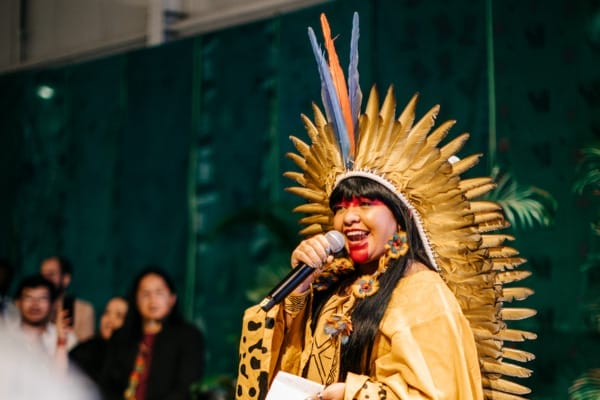
5. Brazil’s prominence at COP28
During COP28, Brazil stood out with one of the largest delegations. This potentially reflects President Lula’s new government and the announcement of COP30, which is to be held in Belém, Brazil in 2025. Brazil’s return to the global climate debate represents a new scenario of opportunities both in the negotiations. It could take new directions as a result of demands from the Global South, and for the climate litigation scenario, since Brazil continues to be a fertile jurisdiction for this type of strategy.
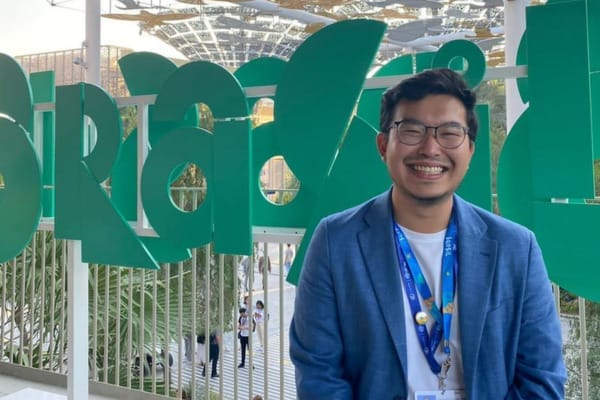
Throughout the two weeks I spent at COP28, my focus was clear: shedding light on the treatment of vulnerable Indigenous and traditional communities in Brazil by global corporations and calling out the prevalent hypocrisy within the event. I will endeavour to ensure that we continue to be part of the climate negotiations, in which Pogust Goodhead contributes to events and articulations, establishes new partnerships and supports clients in their struggles.
Felipe Hotta is a Partner at Pogust Goodhead. He manages the LATAM department of the firm in Brazil. He provides management and leadership to the team and supports business operations and strategy.





